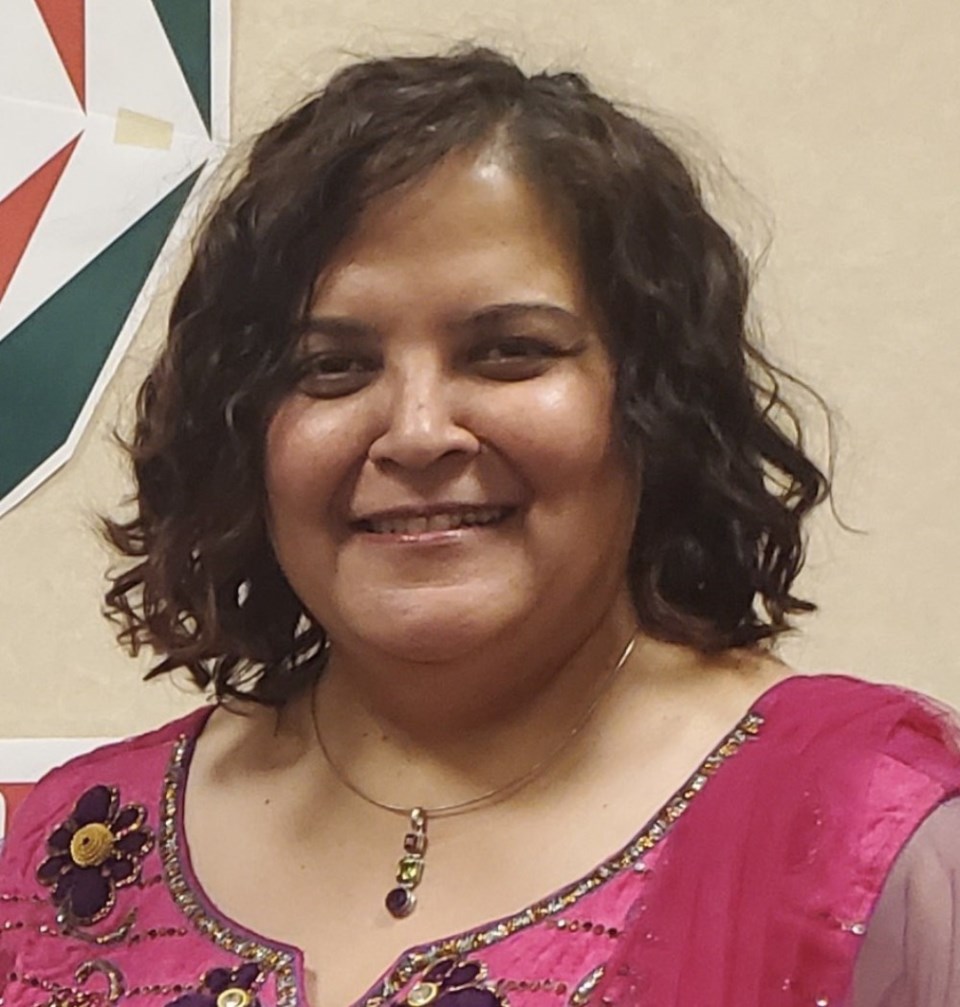Late last year, I was invited to speak at an event organized by Here Magazine, where employers were invited to meet with and understand the challenges newcomers to sa国际传媒 face in their search for meaningful employment. A panel of highly qualified professionals spoke of their successes in their home countries, and unfortunately the many challenges they face in securing employment that fully utilizes their skills. They spoke of their credentials or their international experience not being recognized by Canadian employers, as an example.
What is sa国际传媒 missing out on by not recognizing the credentials of newcomers to our country, not recognizing their expertise to help fill the skill gaps that exist in our labour market? Rather, these systematic barriers often leave them no choice but to take on jobs not aligned to their career goals in order to sustain their livelihoods in this country that they call their new home.
This took me back to 50 years ago when the Ismaili Muslim community immigrated to sa国际传媒, thanks to Ugandan dictator Idi Amin’s expulsion of Ugandan Asians in 1972. While my immediate family was spared from this tragedy as we lived in Kenya at the time, all my extended family had to flee Uganda within 90 days, and many of them ultimately landed in sa国际传媒.
At the time, while the Ismaili community was being welcomed to sa国际传媒, they too faced similar challenges that newcomers face today. But this did not hold the community back, and it will not hold today’s newcomers back. Because they are resilient, confident professionals who know they have much to offer sa国际传媒. They are driven by personal motivation, and often where faith communities are involved, they are driven by the strength of their faith. For example, members of the Ismaili community persevered through multiple setbacks through strength of their faith, and the guidance of their spiritual leader, His Highness the Aga Khan, to make sa国际传媒 their permanent home. They sought education to obtain the relevant Canadian credentials, started small businesses, built strong foundations for their families, and contributed to the economic fabric of sa国际传媒.
Today, fifty years from when Ismailis first arrived to sa国际传媒, over 80,000 have made sa国际传媒 home, with more recent immigrants from Afghanistan, Pakistan and other parts of Central Asia. They have achieved positions at all levels of provincial and federal politics, played a role in landing a spacecraft on Mars, and have significantly contributed to areas of journalism, academic, arts and healthcare. And so many lead by example, giving of their time, their resources, and their skills, every day, in extraordinary ways that inspire Canadians.
I worry that if the systematic barriers that make it challenging for newcomers to settle in sa国际传媒 and thrive in their chosen careers take too long to address, sa国际传媒 and Canadians stand to lose out on the contributions that immigrants can make to this country. My appeal to employers at the Here Magazine event, and to all employers, is to seek to understand how the diverse experiences and perspectives, and linguistic, cultural, and religious traditions newcomers bring, can enrich your organizations. As you plan your equity, diversity and inclusion initiatives for 2023 and beyond, ask the question, “How are you going to be a culturally intelligent organization that not only welcomes newcomers, but enables them to flourish in your organization? “ Trust me, your organization will benefit equally if not more.
Blessed to be a visitor on the traditional territories of the l蓹k虛史蓹艐蓹n, Songhees, Esquimalt and W瘫SÁNE膯 peoples, Karima Ramji is an advanced Certified Cultural Intelligence (CQ) Trainer. In addition to her career as a co-operative education professional at the University of Victoria, she provides cultural intelligence assessment and training for organizations wishing to understand the “How” of Diversity, Equity and Inclusion. Learn more at .
You can read more articles on our interfaith blog, Spiritually Speaking at /blogs/spiritually-speaking
* This article was published in the print edition of the sa国际传媒 on Saturday, January 7th 2023



